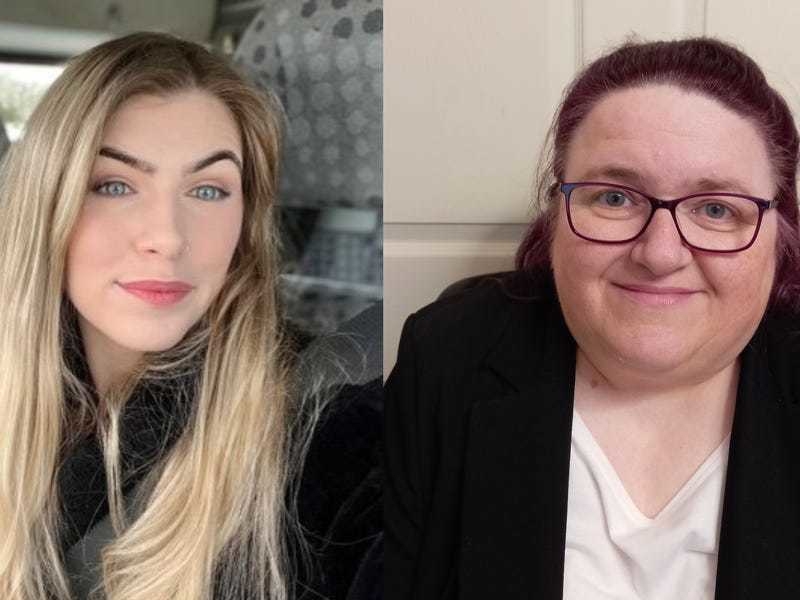Homelessness tends to remain relatively hidden in the Island, and the deputy chairman of a shelter for the homeless believes that there are currently hundreds of people living without a permanent residence.
And the waiting list of young people who are hoping to be housed by a charity which supports homeless people aged between 16 and 25 is currently running close to capacity.
The Jersey Association for Youth and Friendship runs four temporary shelters across St Helier which can house up to 27 young people at any one time. Already this year the charity has received 58 referrals and currently knows of 14 people who are still waiting to be housed. Last year they received 60 referrals for the whole year.
Former States Member Sean Power, the deputy chairman of the Sanctuary Trust – which runs two centres – believes the situation is only going to get worse and has said that the charity has had to turn people away recently because the demand is so high. He estimates that there are ‘hundreds’ of people living without a permanent home in Jersey, which could mean they are ‘sofa surfing’ or living in their own vehicles and moving around the Island.
The Sanctuary Trust can house 25 men at any one time across both their units. Mr Power said it had got to the point where they were having to turn away between two and five men each week. The charity is now calling on local hotels and guest houses with spare rooms to get in touch.
One man who has been in and out of sheltered accommodation since he was 17 is Michael Goncalves (20). Michael is currently living with five other men in an all-male hostel run by the Jersey Association of Youth and Friendship.
He has previously lived at Aztec House – which is run by The Shelter Trust, the Island’s only emergency housing that does not require a waiting list – which can accommodate up to 22 individuals. The 20-year-old was first made homeless when he was a teenager. He has previously spent time in La Moye prison for fighting offences in town.
Michael, whose sister lives in the Island, but whose mother has recently returned to Madeira, has been a resident with the JAYF for the past six months.
‘You never see homeless people in Jersey, so you think the problem doesn’t exist,’ he said.
‘I was first made homeless when I was 17 years old. I was hanging around with the wrong people. I was used to my mum doing everything for me and I didn’t know what to do when I found myself homeless.
‘It was really difficult in Aztec House. A lot of people there have their own problems and it can be very chaotic at times.’
Michael started smoking cannabis while he was between accommodation. He later became addicted to the so-called ‘legal high’, Spice. The banned psychoactive substance is classified as a class B drug in Jersey. It is designed to mimic the effects of cannabis and has been linked to a number of deaths.
‘I had a big drug problem and was smoking a lot of Spice,’ Michael said. ‘It was so cheap to buy and there was a lot of it available. I had been smoking weed for quite a while and it wasn’t doing anything for me anymore. I only had to smoke a little bit of Spice to feel the effects because it was so strong.
‘People then started to realise it wasn’t good for you at all, and when I went into prison I came off drugs entirely.’
Michael spent four months in prison after breaching a community service order. While at La Moye he was put in touch with charities the Grace Trust and Freedom for Life Ministries. He was later put in touch with the JAYF.
He said: ‘I found it really difficult in prison. I had a lot of support from my girlfriend at the time – she was in touch with me a lot and looked after me.
‘A long time before I came to the JAYF I didn’t think there was too much out there for young people. I did feel quite alone.
‘I get a lot of support from the JAYF and Sam [Sam Churchill is the lead worker for the charity]. It’s nice to live with other people who are in a similar situation.
‘I have just completed a four-week foundation scheme and have been doing some work at Highlands doing some painting and decorating.’
While in prison, the Islander did a cooking course and also learnt how to budget. He said that he now enjoyed being independent and has been looking for paid employment.
He said: ‘The JAYF has helped me a lot. I have my own space and it’s given me stability in life. I have got some of my pride back and I am able to walk into my own space and have my own independence with nothing holding me back.’
The Grace Trust, which runs a food bank, also supports young Islanders through its Grace 18 programme. Brett Cutts, who runs the programme, said he was supporting more young people in crisis than ever before.
He said: ‘The JAYF would be the first point of call for me if I was working with someone who was in need of some structure and somewhere safe. A lot of the people I see will have come straight from prison and there will be young people who have been orphaned and now they are just drifting.
‘It’s difficult for someone under the age of 25 to live independently out of choice, and the people we see will generally be living in poverty.’






